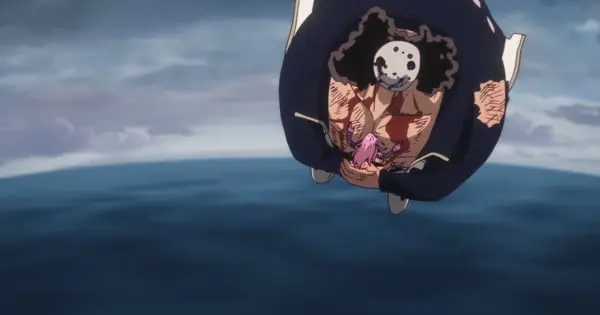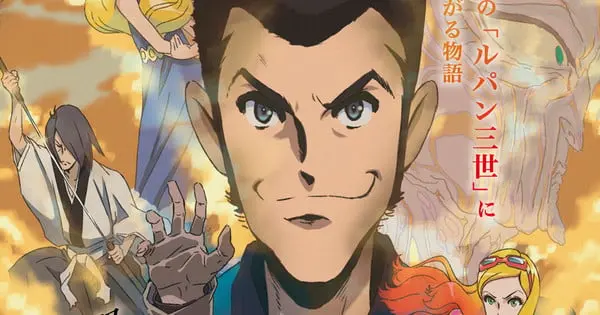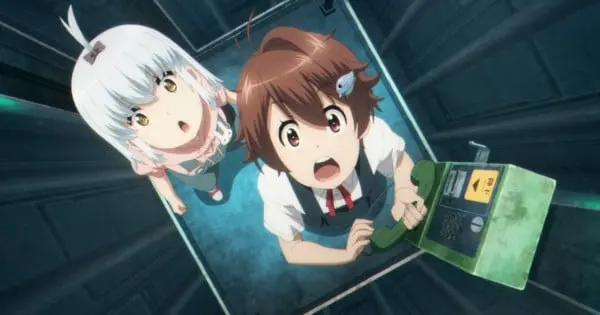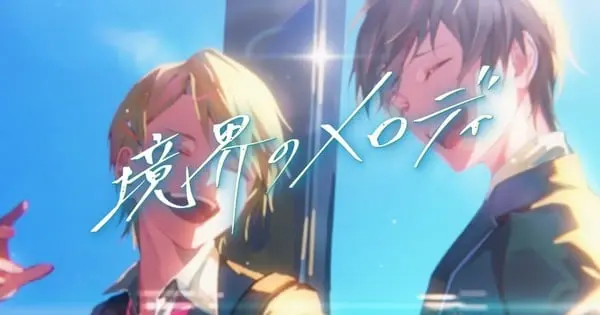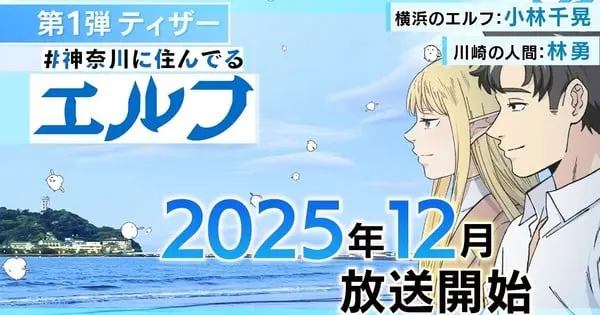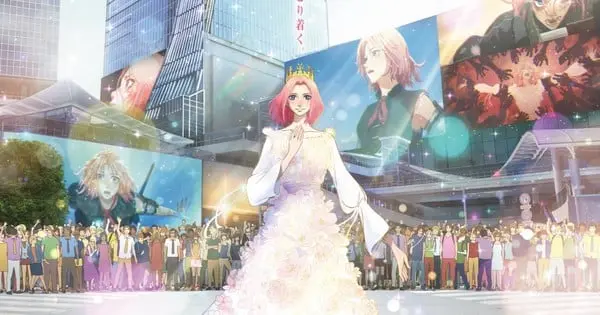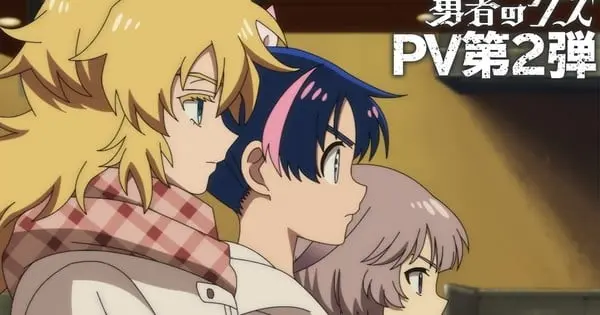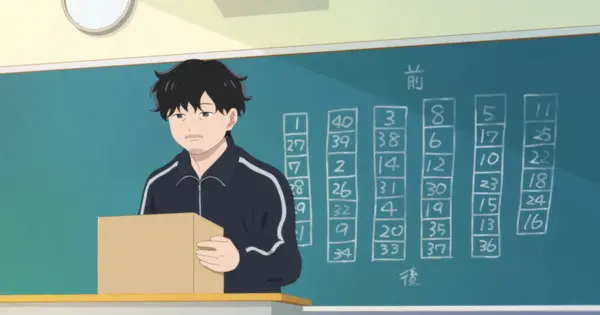Mamoru Hosoda’s highly anticipated new anime feature film, Scarlet (titled “Hateshinaki Scarlet” in Japan), opened in Japanese theaters on November 21, 2025, landing in the third spot at the weekend box office. The film earned approximately 210 million yen (1.34 million USD) on 136,000 admissions during its opening weekend, with its first four-day gross, including a substitute holiday, reaching 270 million yen (1.73 million USD) on 170,000 admissions.
Despite the top-three debut, the initial box office performance for Scarlet appears to be notably lower than Hosoda’s previous successes. Its three-day gross was only 23.6% of that of his 2021 hit, Belle, which achieved 890 million yen in its opening. The film’s premiere marks the end of an 18-week streak of anime films dominating the top spot at the Japanese weekend box office.
Initial Box Office Performance and Comparisons
Scarlet premiered across 388 theaters in Japan. While securing a respectable third place, behind the live-action remake Tokyo Taxi which debuted at number one, and JUJUTSU KAISEN: Execution which placed fourth, its opening figures suggest a more challenging start compared to Hosoda’s earlier, critically and commercially acclaimed works. The film’s opening day reportedly garnered 61 million yen, with social media reports indicating occupancy rates below 5% on opening day and screens running more than half empty on the first Saturday, typically a peak time for anime releases.
Critical and Audience Reception
The reception for Scarlet in Japan has been lukewarm so far. Audience ratings on platforms like Filmarks show a disappointing 2.9 stars, significantly lower than other major anime releases this year, such as Chainsaw Man: Reze Arc (4.3 stars) and Demon Slayer: Infinity Castle (4.2 stars). Primary criticisms from audiences reportedly center on a “flat narrative” and “nothing new to offer” in the screenplay, with some even calling it the “worst movie of 2025”. The film’s hybrid animation style has also proven to be polarizing among viewers.
Scarlet had its world premiere at the Venice International Film Festival in September, where it reportedly received a lukewarm reception, despite a ten-minute standing ovation at its North American debut at the Toronto International Film Festival. It currently holds a 71% score on Rotten Tomatoes, placing it below many of its competitors.
Film’s Premise and Director’s Vision
Scarlet tells the story of a medieval-era sword-fighting princess on a quest for revenge after her father’s death. After a failed attempt, she finds herself in an “Otherworld” where she encounters a modern-day man who helps her heal and re-evaluate her path beyond bitterness and rage. The narrative, loosely rooted in Shakespeare’s Hamlet, explores themes of vengeance, forgiveness, and the possibility of a future free from hatred.
Director Mamoru Hosoda, known for his ability to weave fantasy and sci-fi elements with profound character conflicts, was inspired to create Scarlet after reflecting on the state of the world post-pandemic. He aimed to convey a message of love and unity, particularly to the younger generation, by exploring the cycle of revenge. Notably, Scarlet marks a significant shift for Hosoda, being his first fully CG feature, departing from his established legacy in hand-drawn animation.
International Release Ahead
Despite its domestic challenges, Scarlet is poised for an international release, with Sony Pictures Classics set to distribute the film in North America. A one-week qualifying run on IMAX screens in 10 cities is scheduled for December 12, 2025, followed by a wider subtitled IMAX release on February 6, 2026, and a nationwide expansion with both subtitled and dubbed versions on February 13, 2026. The film is also eligible for the 2026 Academy Awards. Other international releases include Belgium (October 10, 2025), India (date to be confirmed), and the Philippines (December 10, 2025).
Mamoru Hosoda’s Esteemed Filmography
Mamoru Hosoda is an Academy Award-nominated filmmaker, celebrated for his distinctive animated works that often blend fantastical elements with deeply human stories. His filmography includes critically acclaimed titles such as The Girl Who Leapt Through Time (2006), Summer Wars (2009), Wolf Children (2012), The Boy and the Beast (2015), Mirai (2018), and Belle (2021). Hosoda co-founded Studio Chizu, the animation house responsible for his works since 2011. His previous film, Mirai, earned him an Academy Award nomination for Best Animated Feature.

